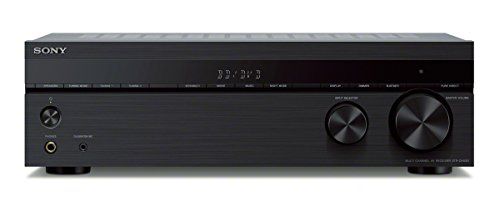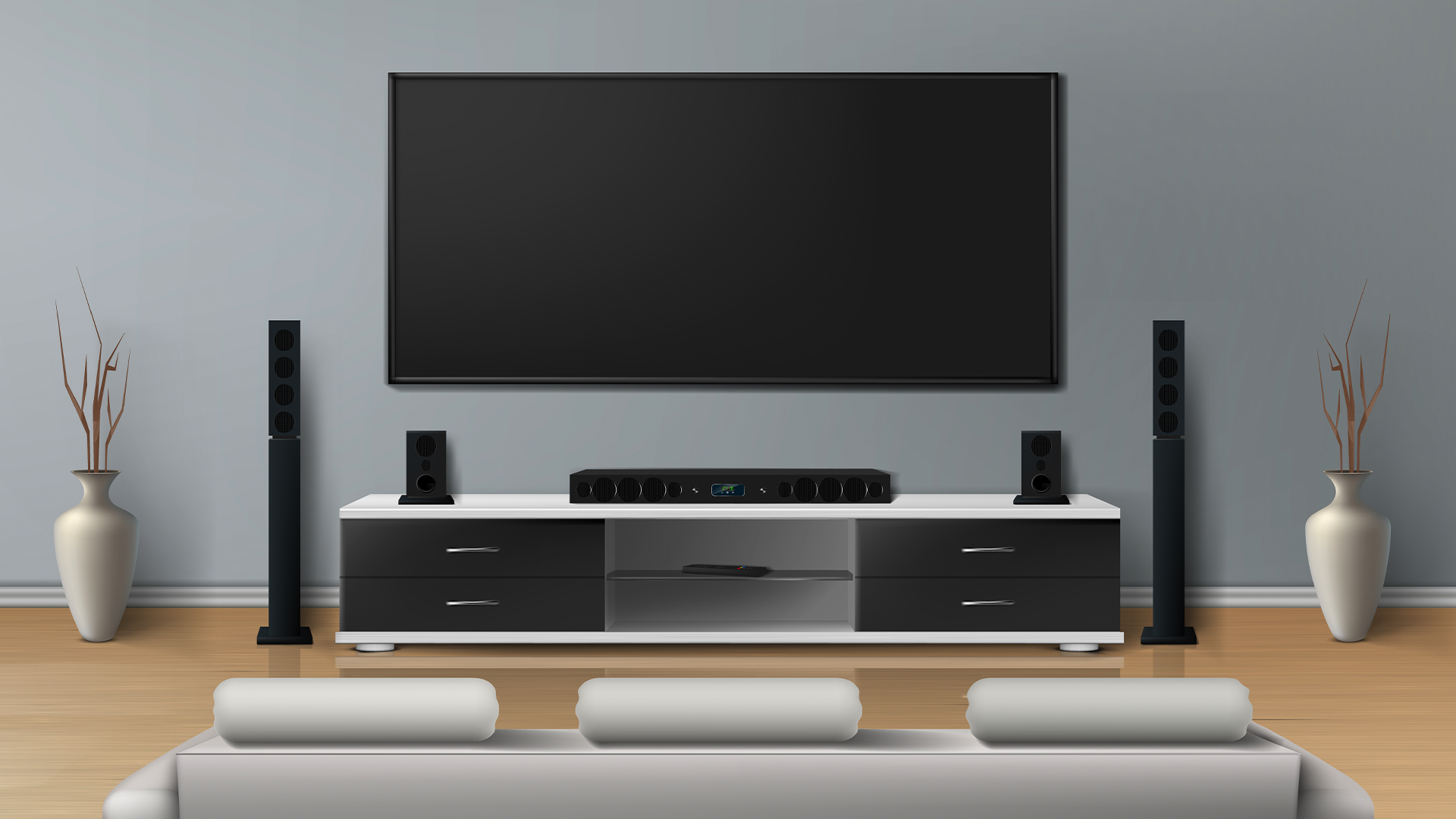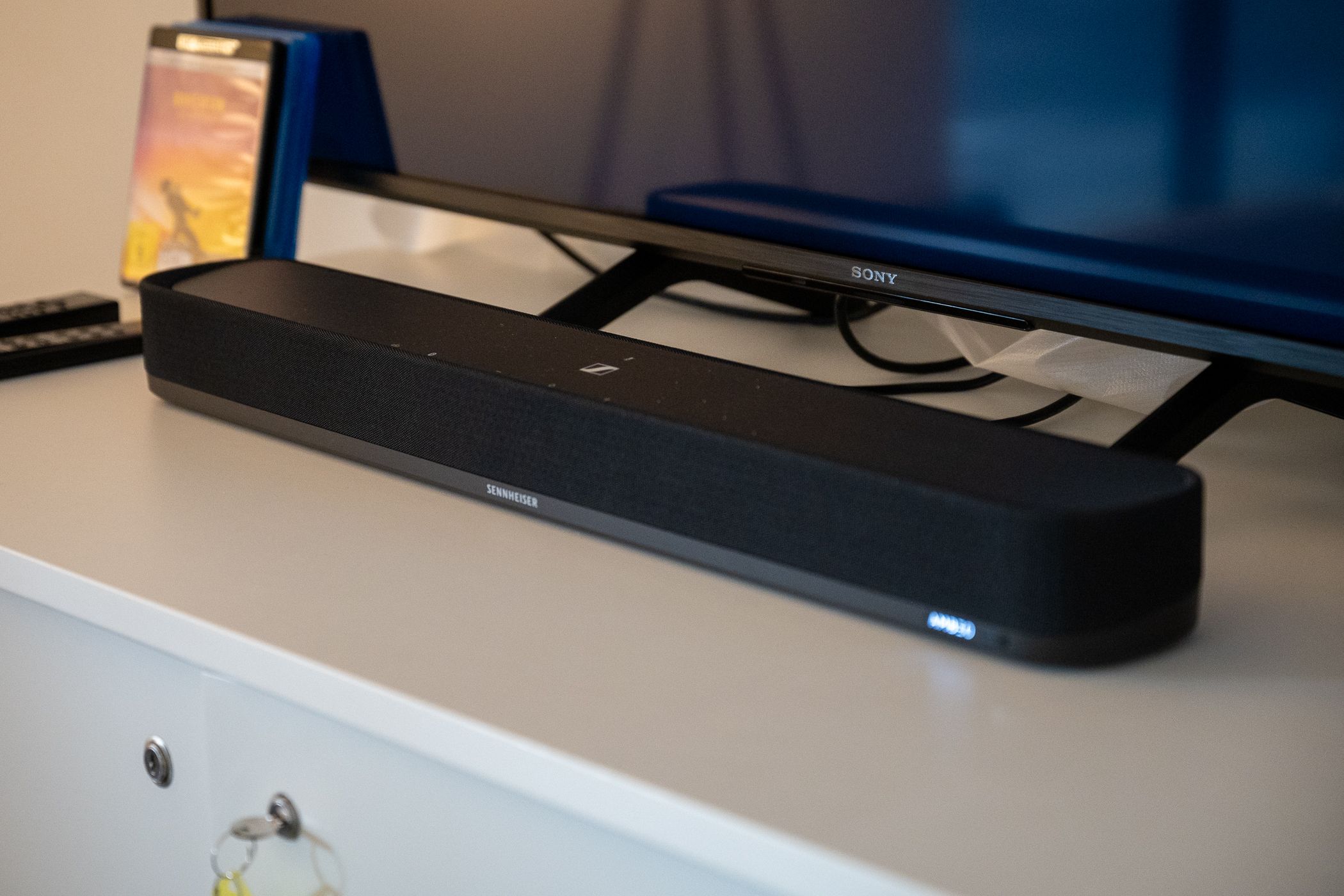Summary
- Speaker, receivers, and amplifiers can last decades with good care if no significant damage occurs.
- Upgrade speakers if they’re damaged or sound quality decreases, or even if you just want something newer.
- Replace receivers or amps if you’re having connectivity problems, they lack inputs you want, or they’re damaged.
If you’ve had the same home theater setup for a while, you’ve definitely thought about the possibility of upgrades. Here’s how to know when to upgrade your home theater sound system.
How Long Do Sound System Components Last?
The lifetime of a speaker, receiver, or amplifier is most dependent on how well you treat your equipment. If you don’t take proper care of your speakers, overpower them and overheat them regularly, let them fall over, get liquids on them, or let them accumulate dust, they’re not going to last a very long time. However, speakers are generally pretty resilient, so as long as they’re good quality, with very average treatment, they should still last many years.
With excellent care, speakers can last decades. Making sure you don’t damage them, keep them clean, and don’t misuse them means you could be able to go 20, 30, maybe even 40 years before having to replace them.
Receivers and amps can also last for decades with proper care. Generally, you can expect a good quality amp or receiver to last you at least 10 years.
When it comes to things beyond the fundamentals, technology is always evolving. While speakers, receivers, and amps from previous decades generally work similarly to ones being produced now, newer ones may have more and newer connectivity options or extra features that old ones may lack. Year to year, these can change, so a speaker, receiver, or amp that’s even a few years old can start to feel a little outdated fairly quickly. This doesn’t affect anything about its actual longevity, but it may impact overall compatibility with your sound system.
When to Replace Your Speakers
The great thing about speakers is that while the extra bells and whistles are always changing, the fundamentals of how speakers work don’t change a ton. So, while it’s possible to have an outdated smart speaker or any other kind of speaker that has extra features, the way sound is produced from your speakers is pretty timeless. As such, the main reason you should consider upgrading speakers is if they’re no longer in working condition, or you want something with modern features.
The most obvious sign that you should replace your speakers is if they’re damaged, or if the sound quality is degrading over time. Some speaker damage can be repaired, like degrading foam around the speaker cone or a tear in the cone. But more extensive damage can cost so much to repair that you’re better off just getting a new speaker altogether. Sound quality degradation can be due to multiple factors like overheating, overpowering the speakers, or poor speaker placement. But if you’ve factored anything fixable out of the question, it’s probably time to replace it.
External damage can also be an indicator that it’s time to replace your speakers. If the cables are broken or frayed and aren’t replaceable themselves, you should probably replace the speaker. Broken cables can pose a fire hazard, so paying for new speakers could save you a lot more down the line.
When to Replace Your Receiver or Amplifier
You should replace your receiver or amplifier if either are having connectivity problems, like the signal cutting out, static, or outputs not working altogether. While these could be repairable, it will likely cost more to repair than simply replacing the amp or receiver.
You might also want to replace your receiver or amp if it’s lacking certain features or specs you want. As examples, maybe you need more or different inputs, or you might need to be able to supply more wattage to your sound system.
Lastly, you should definitely replace your amp or receiver if either are visibly damaged, or have been dropped, had liquid spilled on them, has accumulated dust on the inside, and none of these issues seem to be repairable. Any of these problems can signal a breakdown in the future, so if the thought is already in your head to replace it, it’s a good enough reason to just go ahead and get a new amp or receiver.

Sony STRDH590 5.2 Channel Surround Sound Home Theater Receiver: 4K HDR AV Receiver with Bluetooth,Black
$318 $350 Save
$32
This affordable Sony receiver supports 5.2-channel audio, 4K video, and Bluetooth. It has several HDMI inputs and connects to your TV via HDMI ARC.
Should You Upgrade Even if Everything Is Working Fine?
It’s fine and fairly normal to want to upgrade your equipment when everything is working fine. Maybe it’s very outdated, and you want something shiny and new. That’s perfectly understandable. You can absolutely upgrade your setup for aesthetic reasons if that’s all it comes down to, and you have the money.

Related
How I Set Up a Budget-Friendly Home Theater Audio System
Setting up an audio system for your home theater without paying much.
If you’ve had the same sound system setup in your home theater for quite a while, and you want a refresh, or you’re using hand-me-down speakers, you should absolutely go for whatever your wallet can handle and makes sense for your home theater. If you’re not getting the enjoyment you want out of your home theater sound system, you’re potentially not going to get as much use out of it as you really want to.
In the case that you are going to upgrade for a reason like that, just make sure you do something sustainable with your old equipment so it doesn’t go to waste. You could sell it, give it to a friend or family member who could use it, or use it elsewhere in your home where it will still be used. Let those speakers, or that working amp or receiver, get used until its last legs in some other application. Chances are, if you go ahead and sell them or give them away, someone else will see that as an exciting opportunity to build their own home theater on a budget.
Whether your equipment is slowly failing or you just want something novel, now you’ll know how warranted it really is to replace it. Make sure to reuse or dispose of your old equipment properly, and take some joy in the act of rejuvenating your home theater sound system.







